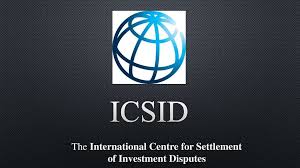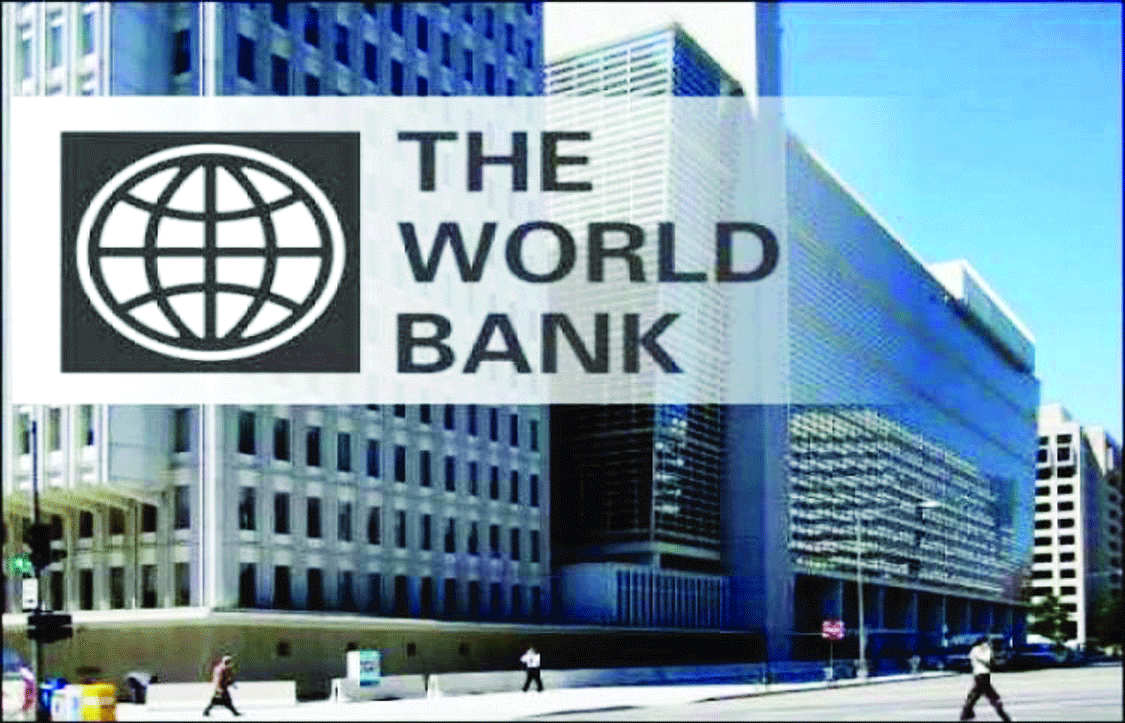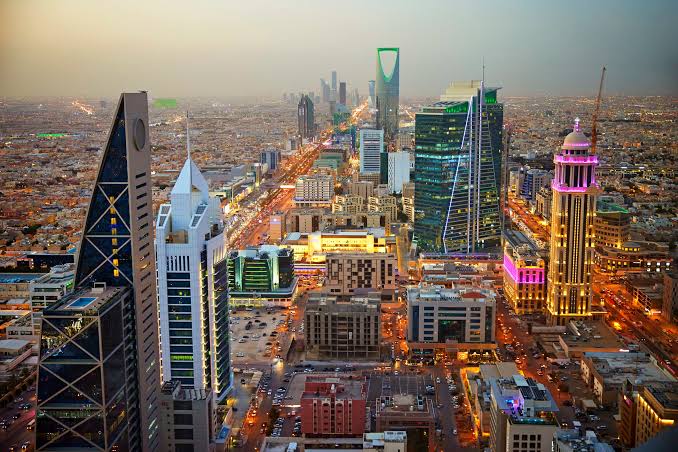ICSID in Saudi Arabia, From Legal Institution to Diplomatic Leverage Saudi Arabia is exploring a novel form of deterrence: legal and institutional prestige rather than military might. Just as nuclear arsenals have long served as ultimate “hard” deterrents, there is growing recognition that international institutions can provide powerful “soft” deterrence. As World Bank officials have observed, “Riyadh is not only a gateway to the region’s transformation, but also a powerful platform for global knowledge exchange and policy innovation.” Saudi leaders see this new World Bank hub as a springboard: they want to leverage Riyadh’s emerging role by hosting ICSID as well – effectively adding a legal marquee to the Kingdom’s diplomatic arsenal. This article argues that by inviting the World Bank’s arbitration arm (ICSID) to establish a Middle East office in Riyadh, Saudi Arabia can wield law as a form of influence. We will examine ICSID’s mandate and global standing, analyze Saudi Arabia’s legal reforms and readiness, compare this strategy to soft-power models like Qatar and Switzerland, and outline how the Kingdom could persuade ICSID to set up shop. Ultimately, hosting ICSID would elevate Saudi’s international legal status, enhance its image as a neutral arbiter, and deliver concrete benefits to regional dispute resolution. ICSID’s Mission and Global Relevance The International Centre for Settlement of Investment Disputes (ICSID), created in 1966 under a World Bank–sponsored convention, is the world’s leading tribunal for investor–State arbitration. It provides a neutral forum where foreign investors and governments agree to resolve contract or treaty disputes outside of domestic courts. By design, ICSID encourages cross-border investment by assuring parties that any disagreements can be settled fairly. For example, one legal source aptly describes ICSID as “an international arbitration institution established in 1966 for legal dispute resolution and conciliation between international investors and States.” The ICSID Convention explicitly provides for “facilities for conciliation and arbitration of international investment disputes,” and its preamble recognizes that arbitration “is an important factor in the stimulation of foreign investment and economic development.” In practice, an ICSID award is directly enforceable as a local court judgment in every member country, giving ICSID real “teeth” in upholding contracts across borders. ICSID’s global reach underlines its prestige. Today the Centre includes 158 contracting States spanning all continents, and it has administered roughly 70% of all known investor–State arbitrations – far more than any alternative forum. In other words, the majority of treaty-based investment claims worldwide are heard under ICSID rules. This broad participation – from the United States and EU nations to Egypt, India, and Vietnam – has made ICSID the preeminent forum for investment disputes. Its long record of impartial awards and easy enforcement is why hosting even a regional ICSID office is viewed as a mark of prestige. Investors trust ICSID’s processes, and governments respect its authority. In short, ICSID’s very name carries weight; having it in Riyadh would instantly boost Saudi Arabia’s legal standing on the world stage. Saudi Arabia’s Legal Ecosystem; A Foundation for ICSID Saudi Arabia has been modernizing its arbitration and investment framework to attract foreign business. The Kingdom ratified the ICSID Convention in 1980 and acceded to the 1958 New York Convention on arbitral award enforcement in 1995. In 2012 it enacted a new Arbitration Law based on international standards, replacing older Sharia-based procedures. These reforms aim to reassure investors that commercial disputes will be resolved predictably under recognized rules. Specialized commercial courts, a new enforcement regime, and continued legal training have followed, all reinforcing Saudi judicial credibility. Each step signals that Riyadh is open to upholding contracts rather than resorting to unilateral power. Riyadh has also been building arbitration institutions of its own. The Saudi Center for Commercial Arbitration (SCCA) now administers a growing caseload under revamped rules and even an internal “SCCA Court.” According to one arbitration analysis, the SCCA’s 2023 rule changes “signal the SCCA’s intent to become a significant global player in the administration of international arbitrations.” (Notably, the SCCA Court’s leadership includes prominent international arbitrators like Jan Paulsson.) In early 2024, ICSID signed a cooperation agreement with the SCCA to jointly promote investor–State arbitration and conciliation, further cementing Riyadh’s engagement. Even on the dispute front, Saudi Arabia saw its first ICSID claim resolved in 2021 (the government successfully defended against a $570 million investment claim by a French company). All told, these developments show the Kingdom positioning itself as a regional dispute-resolution hub. With these foundations in place – modern laws, an active arbitral center, and ICSID membership – Riyadh is ready to elevate its role by hosting a permanent ICSID presence. Soft Power in Action: Lessons from Qatar and Switzerland Other relatively small states have demonstrated how hosting institutions and mediating conflicts can greatly amplify global influence. Two examples stand out: Qatar’s Soft Diplomacy: Qatar has combined media outreach and peacemaking to exert influence far beyond its size. Its state-funded news network, Al Jazeera, projects Doha’s voice worldwide. At the same time, Qatari leaders routinely host major negotiations – from the US–Taliban talks in Doha (2020) to ceasefire negotiations in Libya and Palestine. As one analyst quipped, “for a thumb-sized nation, Qatar packs an unlikely diplomatic punch.” Harvard professor Joseph Nye notes that Qatar “has managed to find an important diplomatic niche between the West and the Arab nationalist mainstream, which it backs up with its considerable financial resources.” In practice, Qatar pairs this dialogue role with targeted investments and aid (for example, rebuilding Lebanon after 2006). By offering media platforms and open doors to all parties, Qatar has become a convenor of international discussions, punching above its weight through soft means rather than force. Switzerland’s Neutral Leadership: Switzerland relies on long-standing neutrality and hosting international organizations to wield soft power. Swiss cities like Geneva and Basel house countless global institutions – the United Nations (WHO, Human Rights Council, etc.), the World Trade Organization, and the Red Cross (founded in Geneva) among them. Swiss diplomacy emphasizes peace, humanitarian law, and strict adherence to treaties. As one Swiss envoy puts
What are the Impacts of World Bank’s New Hub on Afghanistan’s Economy?
Last Monday this week, on September 22, 2025 the World Bank inaugurated a new regional hub in Riyadh to serve the Middle East, North Africa, Afghanistan, and Pakistan (the “MENAAP” region). This hub is co‑located with the World Bank’s Gulf Cooperation Council office and brings senior Bank leadership “closer to country teams, clients and regional partners”. Afghan stakeholders and private investors are watching closely; with Afghanistan now explicitly included in the Riyadh hub’s jurisdiction, the move promises closer coordination and potentially faster decision‑making on World Bank–supported projects involving Afghanistan.
Is Arbitration Affordable for SMEs in Saudi Arabia!?
Before coming to the answer of this question we are taking a deep dive into the background of Arbitration there. As far as looking to the nature of Arbitration yet there are a number of Small and medium-sized enterprises (SMEs) in Saudi Arabia often avoid lengthy court litigation because it can be unpredictable, time-consuming and (since 2022) subject to almost equally amount of arbitration filing fees. To address these problems, and encourage more SMEs to Dispute Resolution through alternative ways outside of courts; Saudi Arabia has strengthened and modernized its arbitration framework – notably through the Saudi Centre for Commercial Arbitration (SCCA) – making arbitration a faster, more transparent and increasingly affordable alternative.
How Vision 2030 Is Reshaping Saudi Arabia’s Legal Shoreline – A View from the Legal Window
In this article we will weigh the legal compass under vision 2030 a strategic shifting toward new business friendly ecosystem, and reimagining its business laws, here we briefly explore the key points which, are Clear and Investor-Reassuring Messages, this is a Quick 5 min (coffee break-friendly) read, lets go..
A Lawyer’s Newest Resolution To Stay Out Of Trouble – 2022
A Lawyers Newest Resolution Legal productivity is being slammed by a toxic work culture according to a recent survey from across the pond. This may come as no surprise to legal workers here in the United States, as the relentless pressure of law practice often creates a toxic culture in law departments. In many cases, this comes from the management level with toxic bosses and “pie-duckers” rampant in some companies. What can be done? Ref0rm is needed, but the legal profession is not known for embracing change, and when it does, it often comes glacially rather than when needed to ameliorate the real problems at hand.
According to 250 In-House Attorneys, This is a Must Have
According to 250 In-House Attorneys, This is a Must Have Legal productivity is being slammed by a toxic work culture according to a recent survey from across the pond. This may come as no surprise to legal workers here in the United States, as the relentless pressure of law practice often creates a toxic culture in law departments. In many cases, this comes from the management level with toxic bosses and “pie-duckers” rampant in some companies. What can be done? Ref0rm is needed, but the legal profession is not known for embracing change, and when it does, it often comes glacially rather than when needed to ameliorate the real problems at hand.





